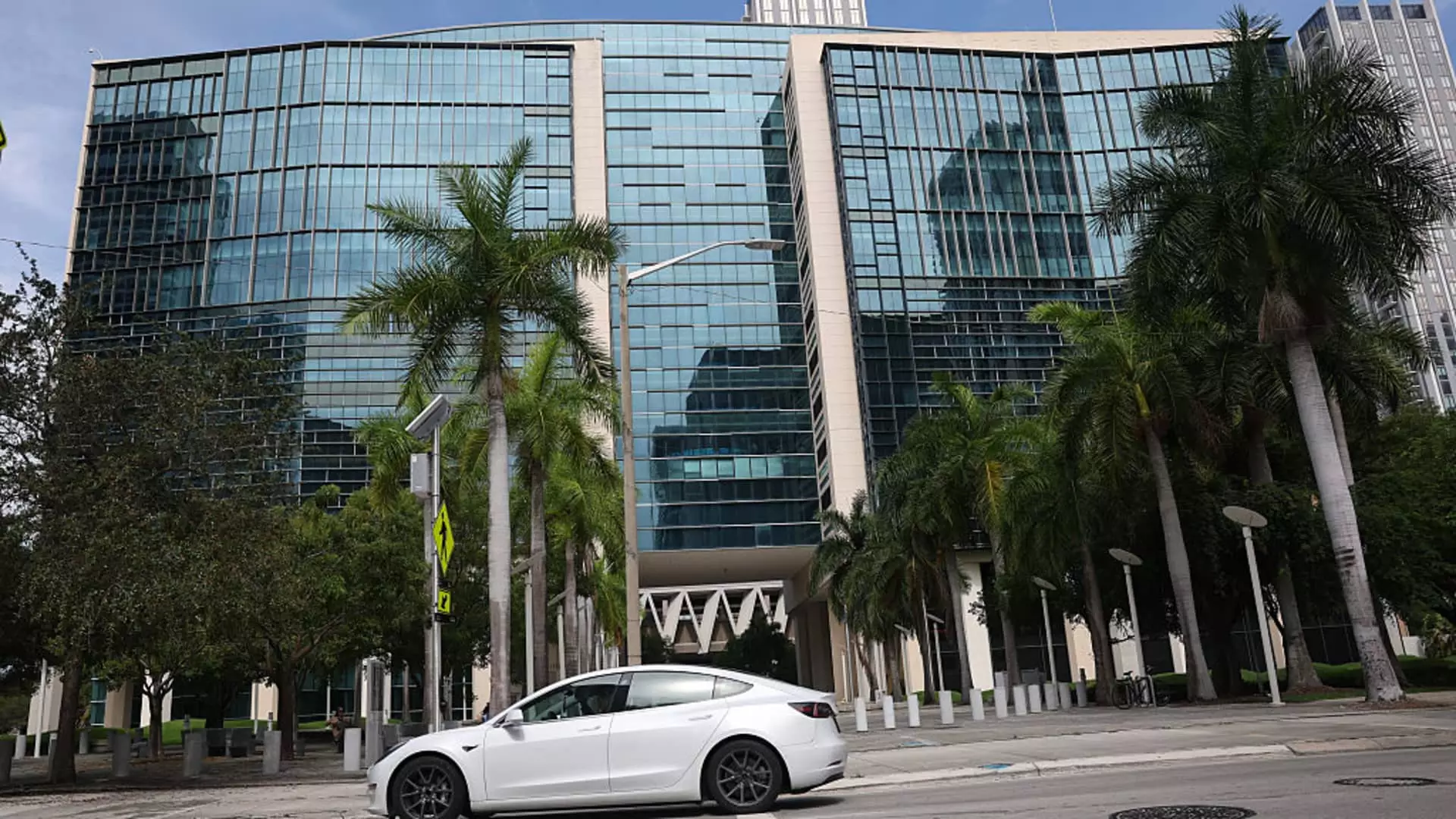Tesla’s ongoing legal confrontation over a tragic 2019 fatal crash marks a pivotal juncture in corporate accountability, especially for a company celebrated as much for its innovation as for its bold claims. The case’s significance stretches beyond the courtroom—it questions whether technological advancement justifies neglect or if it demands unwavering responsibility. This lawsuit serves as a stark reminder that corporate myths about cutting-edge automation may conceal safety flaws that could cost lives. The fact that this is Tesla’s first foray into federal court for a fatal autonomous driving accident reveals how little industry giants are held accountable until they face the harsh reality of legal scrutiny. It raises uncomfortable questions: Are Tesla’s claims about Autopilot over-inflated, or is this another case of a corporation being rewarded for pushing technological boundaries without sufficient regard for human safety?
Dissecting the Fault Lines: Human Error or Systemic Failings?
The heart of the controversy lies in the details of the crash itself. George McGee, behind the wheel of his Tesla Model S, was reportedly relying on Autopilot when tragedy struck. His distraction—dropping his phone—may appear negligent, yet what is alarming is his expectation that Autopilot would mitigate such errors. This indicates a fundamental misunderstanding, perpetuated by Tesla’s marketing narratives, that Autopilot could act as an infallible guardian. Instead, it was a semi-automated system with known limitations, which arguably should have been better integrated into driver instructions. The plaintiffs argue that Tesla’s systems had dangerous deficiencies—deficiencies that the company knew about but chose to ignore in pursuit of profit and market dominance. If true, this reveals a troubling corporate ethos: technological progress prioritized over thorough safety validation, with the medical and legal consequences often following only after lives are lost.
The Power of Corporate Narrative and Public Perception
Elon Musk and Tesla have long cultivated a reputation as pioneers of the future—an image that has propelled their stock and customer loyalty. However, this case exposes the darker side of their narrative: the false promise of fully autonomous, foolproof vehicles. The plaintiffs point out that Musk claimed Autopilot could “perfectly” navigate complex urban environments, a statement that borders on malpractice when the realities of imperfect systems become deadly. Tesla’s messaging, coupled with aggressive marketing, has created a culture of over-reliance among consumers. Musk’s history of grand promises, without unwavering transparency about system limitations, fosters an environment where safety is secondary to hype. This case underscores the risk that an overhyped image complicates and corrupts the pursuit of genuine technological progress, risking both consumer safety and the judiciary’s role as a moral arbiter.
Consequences for Innovation: Necessity of Accountability
The legal proceedings should serve as a wake-up call for all tech-driven industries: innovation cannot come at the expense of human lives. While the appeal for progress is understandable—and necessary—companies like Tesla should not be above scrutiny or consequence. If the court finds that Tesla recklessly overlooked safety concerns to expedite their autopilot systems, it could set a precedent that invigorates regulatory oversight and enforces more rigorous safety standards. On the other hand, framing this case as merely a product liability issue runs the risk of stifling technological advancement. Balance is essential: fostering innovation while insisting that safety features be transparent, reliable, and properly communicated. The outcome of this case could either reinforce the importance of corporate responsibility or embolden large corporations to prioritize profits over human well-being, blurring the line between progress and recklessness.
The Political Implication of Corporate Accountability
This trial’s political dimension is subtle but significant. It challenges the narrative that private enterprise, driven by visionary leaders like Musk, is inherently aligned with the public good. Instead, it highlights the urgent need for regulation that ensures safety isn’t sacrificed on the altar of innovation. As a center-leaning perspective, I believe a balanced approach is critical: promote technological progress but ensure that corporations are held to clear safety standards and transparent communication. The government’s role should be to scrutinize and enforce strict oversight, preventing the kind of reckless behavior that could lead to more senseless deaths. This case should galvanize policymakers to establish a comprehensive regulatory framework for autonomous systems—one that both incentivizes innovation and holds corporations accountable when innovation endangers lives. It’s an opportunity for pragmatic reform, not punitive censorship, to ensure that society benefits from technological breakthroughs without falling victim to corporate hubris.


Leave a Reply